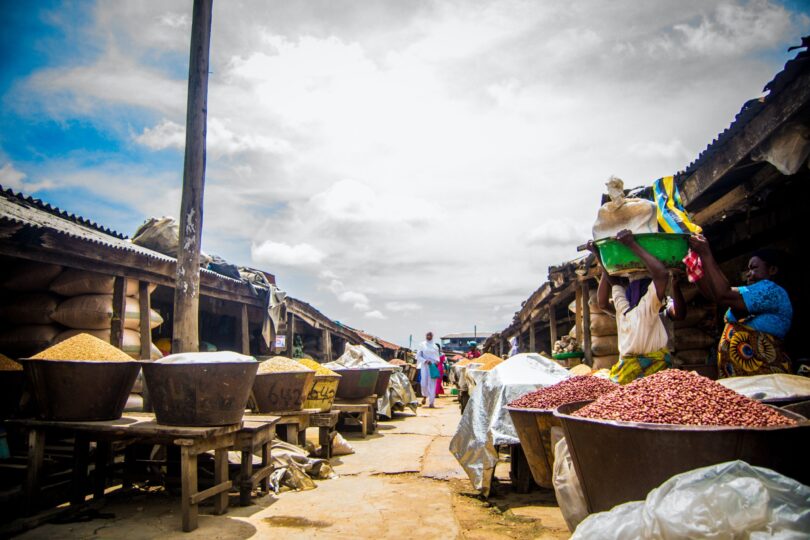The National Bureau of Statistics (NBS) recently released consumer price index (CPI) data for January 2024, revealing a significant escalation in the cost of imported food within the Nigerian economy.
Over a span of four years, from January 2020 to January 2024, the average price index for imported food witnessed a staggering increase, more than doubling from 337.8 to 692.6. This marks an unprecedented rise of 105.03% in the period under review.
The CPI, a critical economic indicator, measures the average change over time in the prices paid by urban consumers for a market basket of consumer goods and services, including food.
The leap in the index for imported food from 337.8 in January 2020 to 692.6 in January 2024 underlines substantial inflationary pressure in the food sector, particularly for food imported into Nigeria.
Moreover, the inflation rate for imported food items, which is a specific component of the overall inflation measuring the rate at which the cost of imported foods increases over time, climbed from 16.12% in January 2020 to 26.29% in January 2024.
This increase of 10.17%-points further underscores the accelerated pace at which the prices of imported food items have been growing.
The CPI data further highlights a notable uptick in the inflation rate for imported food in Nigeria, evidencing a significant shift from 18.49% in January 2023 to 26.29% in January 2024, marking an increase of 7.8%-points within approximately a year.
This period also saw the price index escalating from 548.4 in January 2023 to an even higher figure in January 2024.
Furthermore, a month-on-month comparison reveals a 1.39%-point rise in food inflation from December 2023 to January 2024, indicating a persistent upward trend.
The continual rise in the inflation rate for imported food can be largely attributed to significant economic policies and global factors that have directly impacted the cost of food imports in Nigeria. Key among these include:
Nigeria confronts a significant escalation in the average price index and inflation rate for imported food, casting a shadow over consumers, especially those in urban regions who are predominantly dependent on imported food staples.
This surge not only strains household budgets but also portends broader economic consequences, potentially destabilising the country’s balance of payments and intensifying current account deficits.
In response to the mounting pressure of escalating food prices, the Trade Union Congress (TUC) recently urged the Federal Government to initiate the immediate importation of essential food items as a mitigative measure.
Corroborating this sentiment, Mohammed Idris, the Minister of Information, disclosed the government’s contemplation of food importation as a temporary remedy to alleviate the burgeoning prices of food commodities.







